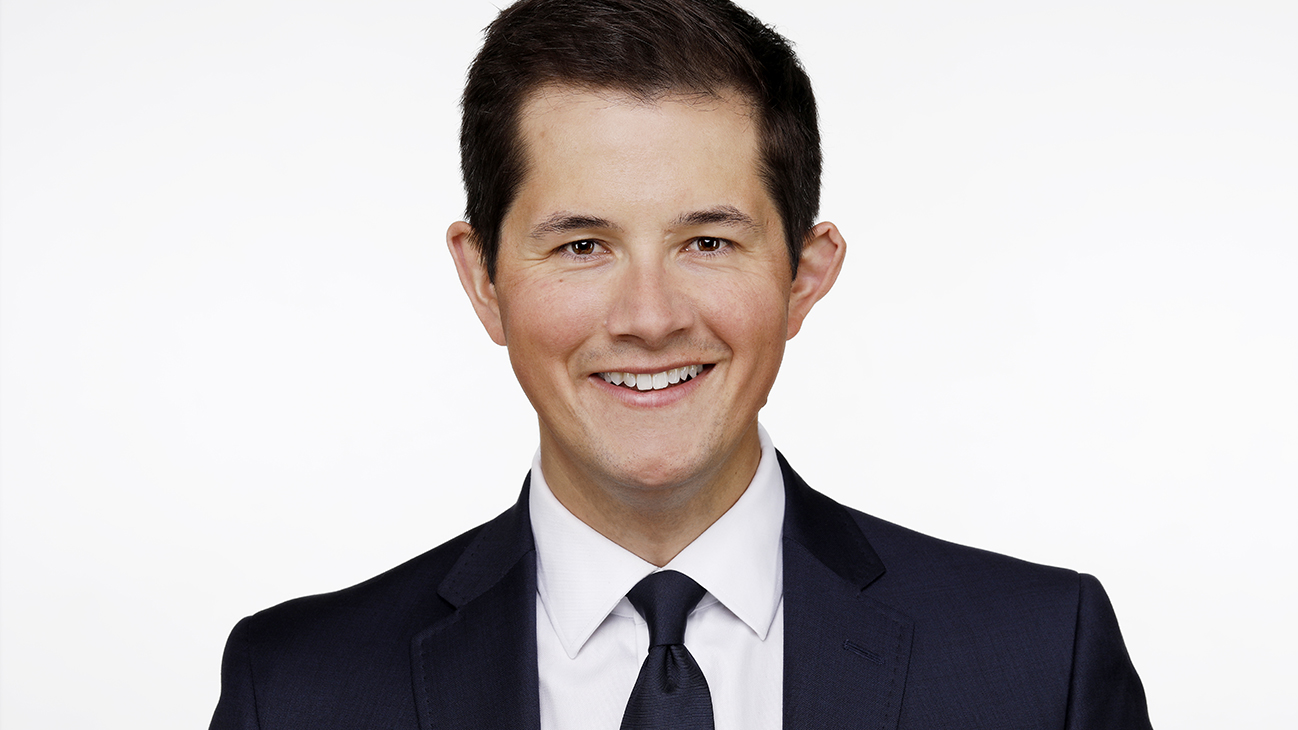Earlier this month you may have seen a survey on Facebook. No, not the kind that robs you of your personal data and sells it to Cambridge Analytica, but a detailed and important look at how we define masculinity in the #MeToo era. The survey of 1,000 men was a collaboration between Chatelaine and Leading Market Researcher and Millennial Expert David Coletto‘s Abacus Research. The result opened up a conversation about what men are really thinking today–where their insecurities lie, what sacrifices they say they’re making, and what they really think about harassment problems.
From Chatelaine:
In the wake of #MeToo, it’s clear that hard conversations about masculinity, vulnerability and inequality are long overdue — but that doesn’t make them any easier to have. (Read Rachel Giese’s essayon why we need to buck up and have them anyway.) For our 2018 survey, Chatelaine set out to spark a conversation about the state of masculinity by asking men to speak anonymously about things they’d never say in public. What are their greatest insecurities? What have they had to sacrifice to be a good parent? Do they believe sexual harassment is a real problem? To examine these and other questions, Chatelaine partnered with Abacus Data to survey 1,000 Canadian men from across the country. In addition, we invited dozens more — including a healthy masculinity expert, a talk radio host, the head of the Toronto Raptors, our #feminist Prime Minister, and Jane the Virgin star Justin Baldoni, who is possibly Hollywood’s woke-est celebrity — to elaborate on a few points. Here’s what we found.
The full survey can be found here.
About David Coletto:
When Canada’s foremost corporations, advocacy groups, and political leaders need strategic advice they look to David Coletto. A leader in online research methodologies, public affairs research, corporate and organizational reputation studies, and youth research, he’s led projects for top-tier companies in many sectors including pharmaceutical, transportation, financial services, educational, natural resource, telecommunications, media, arts and cultural, tourism, and retail.

